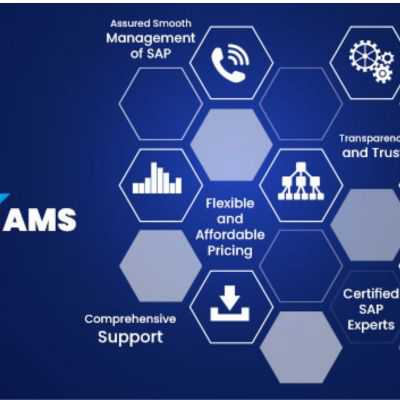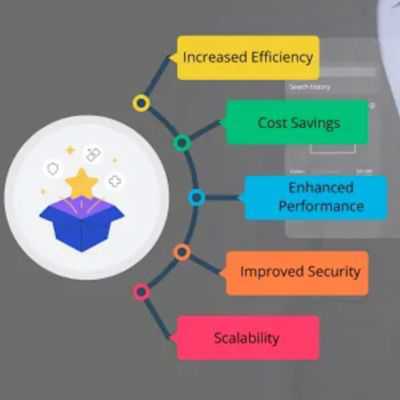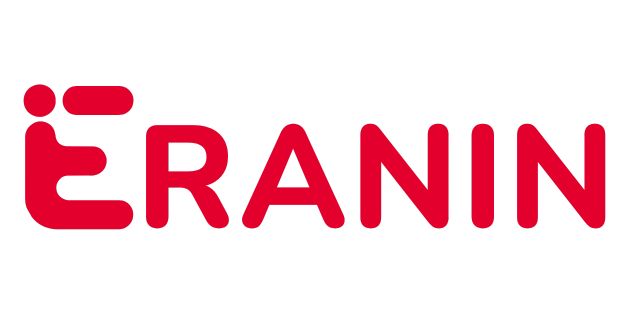1. Introduction
In the digital age, the management and operation of software applications have become crucial for businesses. There are two common approaches to this: self-managing applications and hiring professional AMS (Application Management Services). Each method has its own benefits and challenges.
- Self-managing applications: This method involves businesses taking full responsibility for the entire process of managing, operating, and maintaining their software applications. It includes hiring technical staff, maintaining infrastructure, and handling technical issues.
- AMS (Application Management Services): AMS is an outsourced service where businesses hire professional providers to manage, operate, and optimize their applications. AMS reduces internal workload while offering expert solutions for technical challenges.
Objective of the article: This article aims to compare the pros and cons of both methods, helping businesses choose the best option that meets their needs.
2. Pros and Cons of Self-Managing Applications
Pros:
- Complete control: Businesses have full control over the application management process, including security, customization, and operations.
- Better security: Since no third party is involved, self-management ensures better security for sensitive information.
- Flexible customization: Businesses can quickly customize applications to meet specific needs without relying on external partners.
Cons:
- High costs: Self-managing applications require significant investment in personnel, infrastructure, and technology, including hiring and training technical staff.
- Demand for deep expertise: Self-management requires an internal team with extensive expertise to handle complex technical issues.
- Limited scalability: As the business grows or new demands arise, self-managing applications can lead to additional costs and challenges in scaling up.
3. Pros and Cons of Hiring Professional AMS Services
Pros:
- Cost savings: Instead of maintaining an internal team, businesses only pay for the AMS service based on their needs, reducing personnel and infrastructure costs.
- Expertise: AMS providers usually have a highly skilled and experienced team, ensuring fast and efficient solutions for technical problems.
- Continuous support: AMS offers 24/7 monitoring and technical support, ensuring that applications run smoothly and securely at all times.
- Easy scalability: AMS can adjust resources according to the needs of the business, saving time and effort when scaling.
Cons:
- Dependence on the provider: Businesses may lose some control and depend on the speed and capacity of the AMS provider to resolve issues.
- Service cost fluctuations: As business demands increase, AMS costs may rise, potentially exceeding expectations.
- Data security concerns: Sharing application access and management with a third party may raise concerns about data security, particularly for businesses with high-security requirements.
4. Direct Comparison: Self-Managing Applications vs. Hiring Professional AMS Services
Costs:
- Self-managing: Requires a large upfront investment in personnel and infrastructure, resulting in high fixed costs.
- AMS: Flexible costs, paying only for the services used, helping businesses save money in the long term.
Control:
- Self-managing: Businesses have full control over how the applications are managed and secured.
- AMS: Control is somewhat limited, as businesses must rely on the service provider.
Expertise and technical support:
- Self-managing: Internal teams need to have deep expertise but may not cover all complex technical requirements.
- AMS: The AMS provider has a team of professional experts who offer continuous and timely technical support.
Security:
- Self-managing: Better security as businesses do not share data with a third party.
- AMS: Potential security risks due to shared management, although AMS providers typically have advanced security measures.
Scalability:
- Self-managing: Expensive and time-consuming to scale or upgrade systems.
- AMS: Easy and flexible scalability, allowing businesses to respond quickly to changes.
Conclusion
Both self-managing applications and hiring professional AMS services have their own pros and cons. Businesses need to consider factors such as cost, control, security, and scalability to make the right decision. AMS is an optimal solution for companies looking to save costs and receive expert support, while self-managing is suitable for those with strong internal resources who want full control.










bài viết khá xúc tích và dễ hiểu
bài viết khá thú vị
Tự quản lý ứng dụng hay thuê dịch vụ AMS chuyên nghiệp đều có ưu nhược riêng, bài viết rõ ràng và khá hay
bài viết chia sẻ khá dễ hiểu
bài viết so sánh thông tin bổ ích